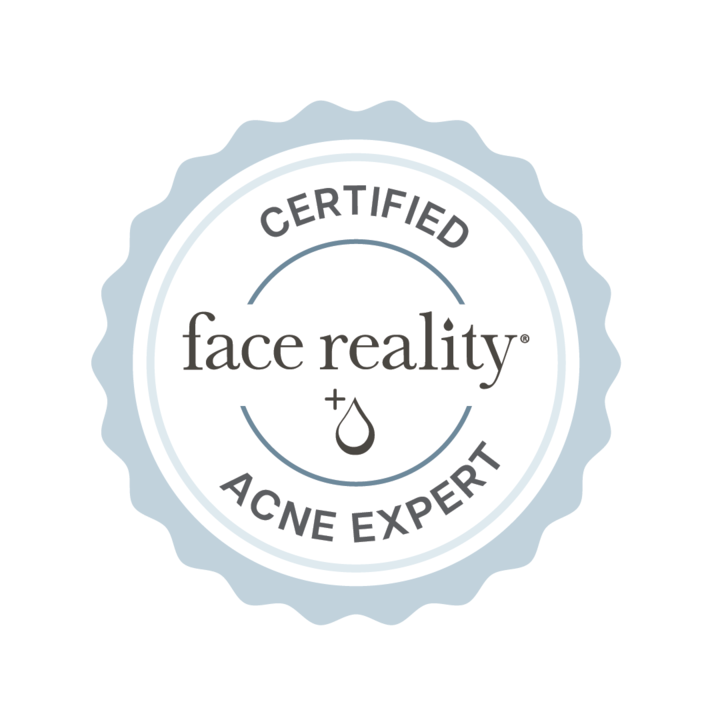
Bioidentical progesterone, a hormone that is structurally identical to the progesterone produced naturally by the body, has gained recognition for its wide array of health benefits, especially during menopause. Unlike synthetic versions, bioidentical progesterone is designed to closely mimic the hormone’s natural form, offering a more balanced approach to hormone replacement therapy (HRT).
Health Benefits for the Brain, Heart, and Sleep
Progesterone is often called the "happy hormone" because of its natural antianxiety and antidepressant properties. It has a calming effect on the brain, promoting a sense of well-being and emotional stability. This can help alleviate mood swings and irritability commonly experienced during menopause. Additionally, progesterone has been linked to improved sleep quality, as it supports relaxation and can help combat insomnia, a common complaint among women in menopause.
Beyond mental health, bioidentical progesterone also offers cardiovascular benefits. Studies have shown that it can help reduce the risk of heart disease by promoting healthy blood pressure levels and reducing inflammation, which are essential for heart health as we age.
The Negative Effects of Progestins: Synthetic Progesterone
While bioidentical progesterone offers numerous health benefits, it’s important to understand the differences between it and progestins—synthetic progesterone often prescribed by untrained professionals to treat menopausal symptoms. Progestins, though commonly used in conventional HRT, can have harmful side effects. These include increased risk of blood clots, stroke, and heart disease. Additionally, progestins can exacerbate mood swings, cause bloating, and contribute to weight gain, making them a less ideal option for those seeking relief from menopause symptoms.
Decline in Progesterone Levels
For both men and women, progesterone levels begin to decline as they age. In women, this typically starts in their late 30s or early 40s, with a significant decrease during perimenopause, which can lead to the onset of menopause symptoms like hot flashes, mood swings, and irregular periods. In men, progesterone levels also decrease with age, often leading to symptoms like fatigue, low libido, and depression.
We Can Help You Find Relief
At Thrive Medical Spa and Wellness, we are dedicated to helping you manage hormone-related symptoms and improve your quality of life. Our providers are all trained by the BHRT Academy, which is endorsed by the Menopause Association, ensuring you receive the most accurate and effective hormone therapies available. We are happy to discuss bioidentical progesterone and other treatment options to help you feel your best. Reach out today to learn more!
Book Now









